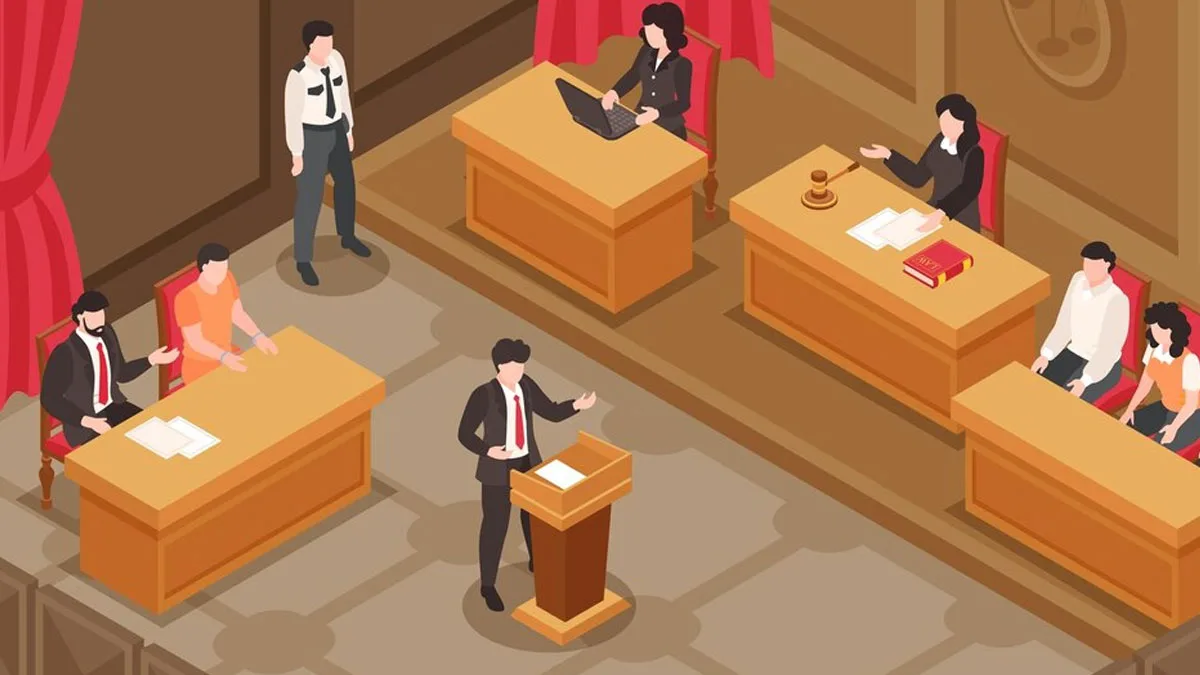This question might sound unusual, but it has become a topic of curiosity for many. “Beastly” is a romantic fantasy film based on Alex Flinn’s novel of the same name. Released in 2011, the movie is a modern retelling of the classic “Beauty and the Beast” story. While the film is well-known, the question of its legality in Texas might arise from misunderstandings about media laws or specific state regulations. You can also read this How Long Does It Take to Drive Through Texas?
In this article, we’ll explore the legality of watching “Beastly” in Texas, clarify any misconceptions, and delve into related topics to provide a comprehensive understanding. We’ll discuss movie ratings, censorship laws, and the general legal landscape surrounding film consumption in Texas.
What is “Beastly”?
Synopsis of “Beastly”
“Beastly” follows the story of a wealthy and arrogant teenager named Kyle Kingson, who is transformed into a disfigured version of himself by a witch named Kendra for his cruel behavior. He must find someone who loves him despite his appearance within a year to break the curse. The movie stars Alex Pettyfer as Kyle and Vanessa Hudgens as Lindy, the girl who eventually sees beyond his exterior.
Reception and Popularity
Upon its release, “Beastly” received mixed reviews but gained a following, particularly among teenagers and young adults who enjoyed the modern twist on a beloved fairy tale. The film’s themes of inner beauty and redemption resonate with many viewers.
Understanding Movie Ratings and Censorship
The Role of the MPAA
The Motion Picture Association of America (MPAA) is responsible for assigning ratings to films in the United States. “Beastly” received a PG-13 rating, indicating that some material may be inappropriate for children under 13. This rating suggests that parental guidance is recommended for younger viewers due to thematic elements, brief violence, and language.
Censorship in the United States
The First Amendment protects freedom of speech in the United States, which extends to artistic expressions such as films. However, there are instances where content can be restricted or censored, especially if it is deemed obscene or harmful to minors. Each state can also have its regulations regarding the distribution and exhibition of films.
Texas and Film Legislation
Texas State Law on Media
Texas does not have specific laws that make watching a particular film illegal. The state follows federal guidelines and regulations regarding film distribution and censorship. Thus, the legality of watching “Beastly” in Texas is not in question based on state law.
Obscenity and Content Restrictions
Texas does have laws addressing obscenity, which are in place to prevent the distribution of materials that are considered obscene or harmful to minors. However, “Beastly,” with its PG-13 rating, does not fall into this category. The film’s content is not obscene or explicitly harmful, making it perfectly legal to watch in Texas.
Common Misconceptions About Film Legality
Misunderstanding Censorship
Some people might confuse the concept of censorship with the legality of watching a film. While certain films can be banned or restricted, this is rare and usually applies to content that is extreme or explicitly illegal (such as child pornography). Mainstream movies like “Beastly” do not face such issues.
Confusion with Distribution Laws
Another misconception might stem from distribution laws. There are strict regulations about how films can be distributed and shown, especially to minors. However, these laws pertain to the sale and exhibition of films, not the act of watching them.
Conclusion
To directly address the question, “Is watching Beastly illegal in Texas?” – the answer is no. Watching “Beastly” is not illegal in Texas or any other state in the U.S. The film is rated PG-13, which means it is suitable for viewers over the age of 13 with parental guidance suggested for younger viewers. There are no state laws that prohibit watching this movie.



